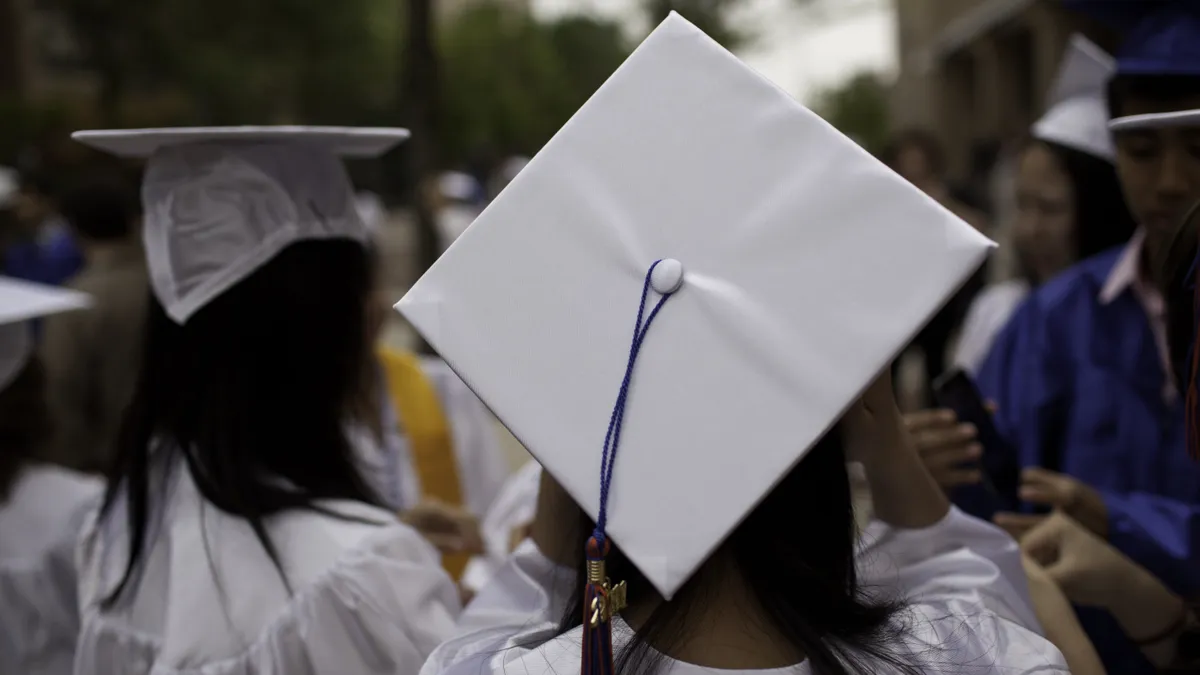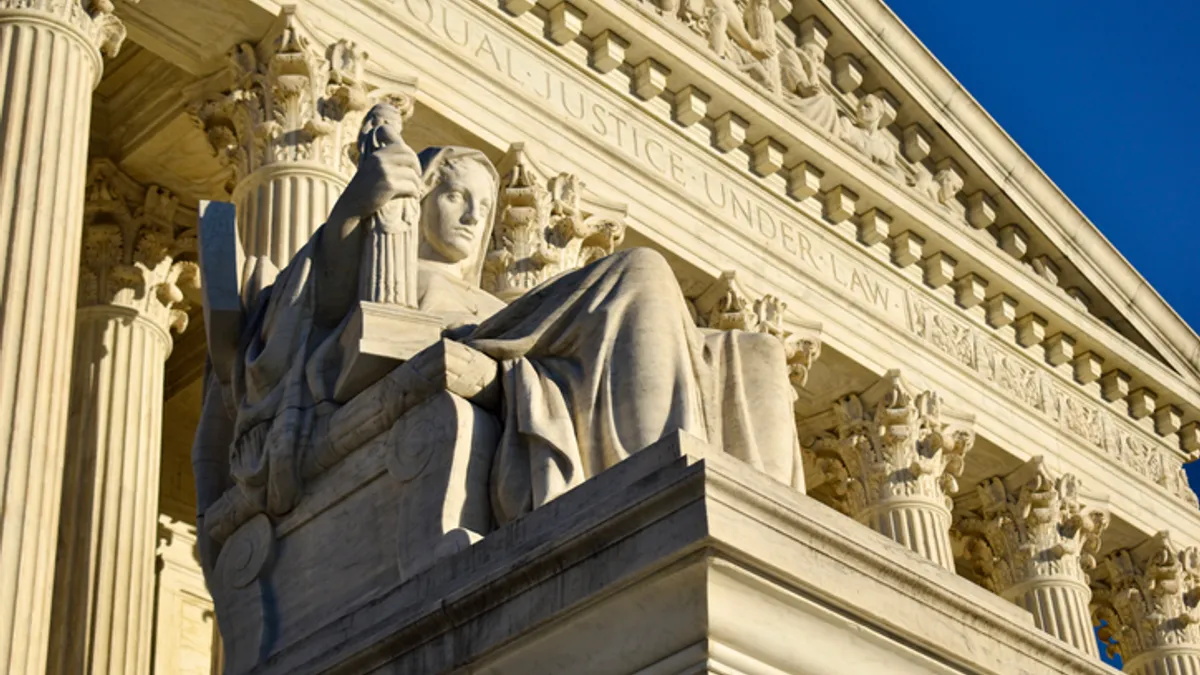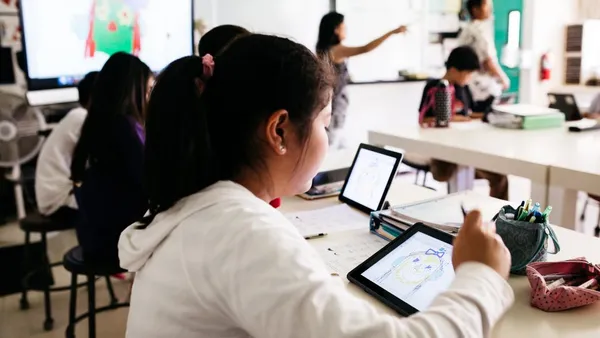In Washington, DC, 75% of all jobs require some type of post-secondary degree or credential. That means if DC Public Schools graduates want to get a job in their city, they very likely need more schooling.
As high schools across the country have doubled down on college readiness initiatives, DCPS has been particularly aggressive with its use of data in college advising.
Specific data on student performance at college yields better advice
Erin Ward Bibo, deputy chief of college and career education at DCPS, said institutional graduation rates reported by individual colleges can be informative. If colleges break it down by how underrepresented minority students or Pell-eligible students do, that’s even better — 82% of DCPS students are black or Latino and about 76% of them qualify for free or reduced-price lunches so the district overall tracks closely with the outcomes for those two groups on college campuses.
Still, that’s not the ideal dataset.
“The most helpful is if we can see how DCPS graduates do at certain schools,” said Ward Bibo at a recent conference for education journalists.
A partnership with the National Student Clearinghouse offers that perspective. The district now tracks how every single one of its graduates do in college, and they use that data to better advise high schoolers considering their own options. The district’s Smart College Choices campaign drives programming — like college fairs — and it also aims to inform higher education institutions about how they are doing by DCPS graduates.
Among the colleges where DCPS graduates do particularly well are traditional elites (Brown, Columbia, Cornell, Duke, Harvard, Princeton, Yale, Spelman and Morehouse), top public universities (UCLA, Penn State, UW-Madison and Michigan), and local institutions (Georgetown, Bowie State, Howard, George Washington and Trinity Washington).
The list of colleges “committed to DCPS alumni success” is diverse, giving students a wide range of choices, whether they want to go to a public or private school, large or small, close to home or on the other side of the country.
And, that data is important.
Graduation data offers window into whether students may succeed
Jenny Nagaoka, deputy director of the University of Chicago Consortium on School Research, said a student’s likelihood of graduating from college is largely shaped by the institutional graduation rate.
“We tend to think our successes are due to our own abilities,” Nagaoka said at the same conference. “It turns out that college choice actually matters even more than your academic qualifications going into college.”
And students aren’t necessarily prepared for that, especially the high-performers. In DC, Ward Bibo said it can be the valedictorians who are most caught off guard by a rough transition to the rigors of college coursework. And the longer they wait to seek help, the harder it is to get back on track.
The colleges that do well by DCPS graduates tend to be intentional about serving the population. It’s no accident they have the supports in place to help these students succeed. Trinity Washington University, for example, works closely with DCPS to make sure the transition from high school to college is a smooth one. Ward Bibo also points to colleges with intrusive advising programs and transparent financial aid policies as particularly supportive.
Nationwide Georgia State University is considered a model for its success at closing gaps in student outcomes, and one key to its progress has been guided pathways that help students decide which courses to take when.
While each school district will see different patterns in student success among its alumni, these are some of the supports that seem to work.
And Nagaoka said it is very important that adults insert themselves into conversations about the college selection process with students. In her research in Chicago Public Schools, she found teachers reported feeling uncomfortable talking about this with students, particularly if they didn’t have the same class background. But that left students feeling isolated.
“Kids actually want to be helped here,” Nagaoka said. “They feel alone sometimes.”
In DC, the Smart College Choices campaign has contributed to an increase in the number of DC students applying to supportive institutions. Ward Bibo said it’s too early to tell how that has impacted actual enrollment. But she agrees with Nagaoka. The college advising effort is important and wanted. And it’s not about telling students they shouldn’t go to the colleges they want to go to; it’s about giving them more context to inform their choices.
“We do find that families are just hungry for information, the students are hungry for information,” Ward Bibo said. “They all want to succeed. When given access to information that empowers them and increases their chances of success, they’re very, very happy to have it.”






 Dive Awards
Dive Awards














